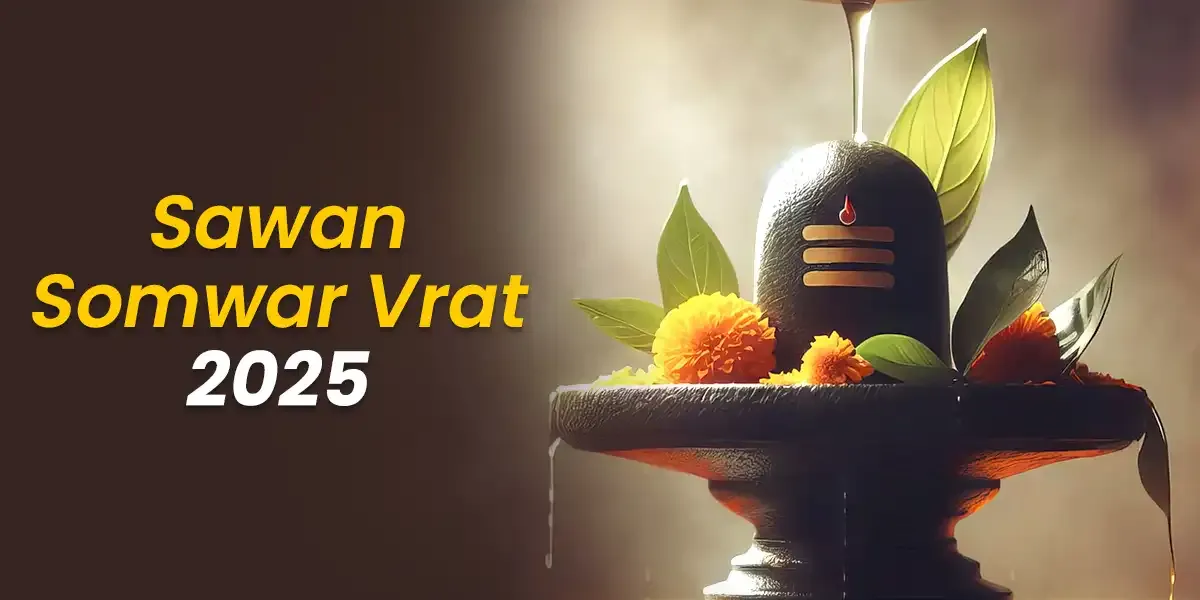
Fasting during Navratri holds great spiritual significance, as it is a way to honor Goddess Durga and seek her blessings. Along with its religious importance, fasting also offers health benefits by detoxifying the body and removing excess toxins. However, for individuals with diabetes, fasting requires careful planning to avoid complications. Here are some essential tips to ensure healthy fasting for diabetics during Navratri.
1. Avoid Overindulgence and Prolonged Fasting
The popular saying "Too much of anything is bad" is particularly relevant for diabetics. If you have diabetes, it's important to avoid both overindulgence in festive treats and excessively long periods without food. While fasting is a personal decision, long breaks between meals can lead to dangerous drops in blood sugar levels. To maintain balanced glucose levels, make sure to eat small portions every few hours instead of fasting for extended periods.
2. Choose Low Glycemic Index Foods
Before starting your fast, prioritize foods with a low glycemic index (slow-digesting carbs) that provide a steady energy supply and help prevent sudden spikes or drops in blood sugar. Whole grains, fruits, vegetables, and salads are good choices that will keep you fuller for longer while regulating your blood glucose levels during the fast.
3. Carefully Break Your Fast
For diabetics, breaking the fast can present challenges. Traditionally, Navratri fasting is concluded with high-calorie foods like sabudana papad, pakoras, and fried potatoes, which can cause rapid spikes in blood sugar levels. Instead, opt for healthier alternatives by using minimal oil or choosing cooking methods like grilling, baking, or dry frying. If you want to enjoy traditional foods, make sure to eat them in small portions to prevent sudden blood sugar surges.
4. Stay Hydrated and Avoid Caffeine
While fasting, energy levels may dip. To combat this, it's essential to stay hydrated. Drink plenty of water, as well as sugar-free beverages like lemonade, coconut water, or buttermilk. Avoid excessive tea and coffee, as caffeine can be dehydrating and lead to further complications. Prioritizing hydration will keep you refreshed and prevent feelings of fatigue.
5. Monitor Blood Sugar Levels Regularly
Keeping a close eye on your blood sugar is crucial while fasting. Regular monitoring helps ensure that your glucose levels stay within a safe range throughout the day. If your levels drop too low, take immediate action by eating something small to stabilize your glucose.
6. Adjust Insulin Dosage if Necessary
Diabetics on insulin may need to adjust their dosage during fasting. Since the body's insulin requirements can drop by as much as 40%, it is recommended to speak with your healthcare provider before Navratri to receive guidance on the correct dosage. Low insulin levels can prevent hypoglycemia (low blood sugar), while too much insulin can lead to dangerous dips.
7. Consult Your Healthcare Provider
Before making any decisions about fasting, it's essential to speak with your endocrinologist and dietician. They can guide you on how to fast safely, recommend dietary changes, and help you manage your insulin or medication dosage to prevent any health complications.
8. Plan Your Navratri Fast Mindfully
Fasting is a personal choice, and with careful planning, even diabetics can participate. Prioritize your health by planning your meals ahead of time, focusing on balanced nutrition, and maintaining a regular eating schedule. Take extra care when breaking your fast, and stay hydrated throughout the day. By following these precautions, you can enjoy a safe and meaningful Navratri fast.
Our in-house team of writers comprises of vibrant, like-minded, and curious souls who are passionate about helping people find joy and motivation through the magic of words. Our writers are keen on using their skills to make the study of divination sciences a guiding tool in people's lives. They hold expertise in writing on a myriad of topics related to Indian Astrology, Spirituality, Planetary Movements, Vastu Shastra, Numerology, and Tarot among several others. The Astroyogi team aims to write articles that can help the readers lead a life of peace and tranquility whilst enjoying the many ups and downs of life!

































